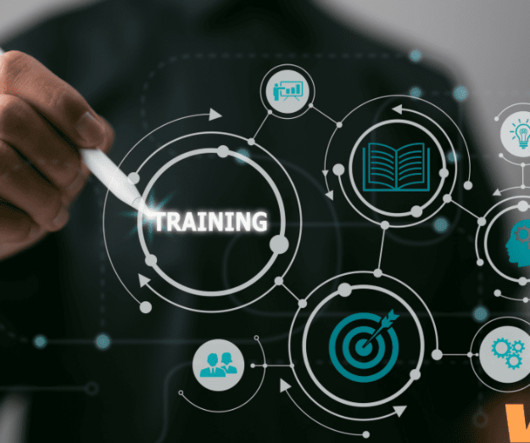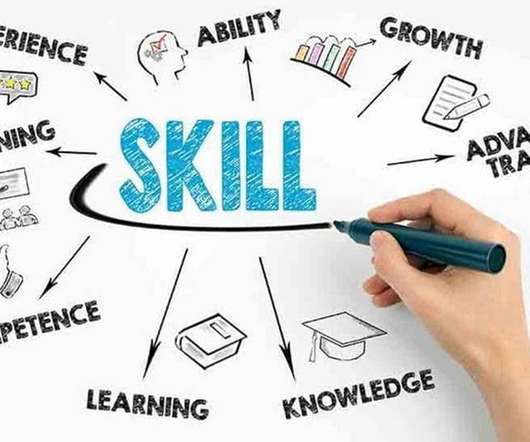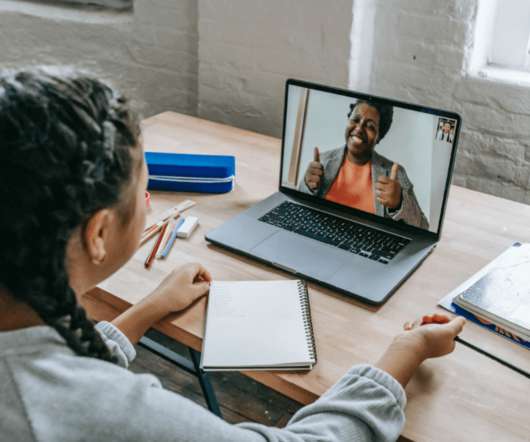Evolving from Social Learning to Workforce-Centric Learning
CLO Magazine
APRIL 19, 2011
Do you ever find yourself not only explaining what social learning is but also justifying why it needs to be part of your larger learning strategy? Do you find yourself interchangeably using the terms “social learning,” “learning 2.0” and “informal learning” — knowing that they are not all the same?















































Let's personalize your content